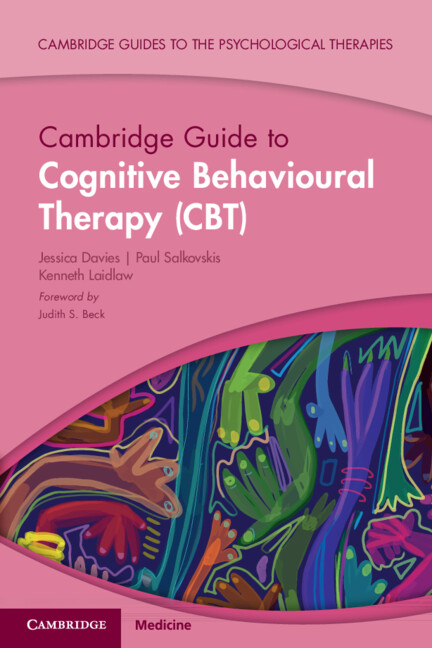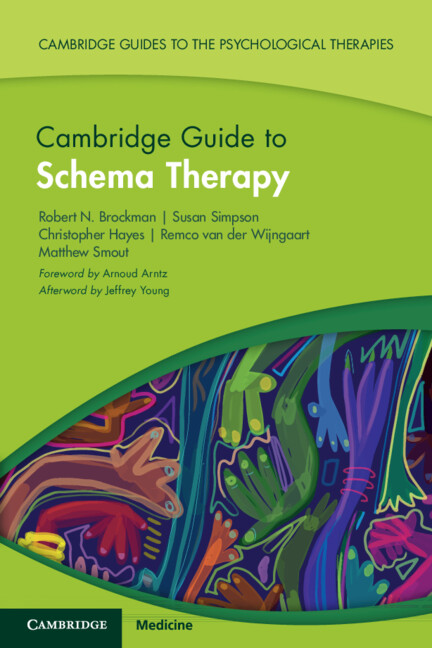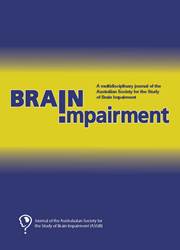Cambridge Guide to Cognitive Behavioural Therapy (CBT)
This book provides a concise and up-to-date guide to Cognitive Behavioural Therapy (CBT), from the history and supporting theory, through to the most recent empirical evidence and practical aspects of delivery. Starting with an overview of the structure of CBT, practitioners can utilise this detailed guide to deliver therapy in clinical practice, whilst its coverage of various adaptations of CBT, such as group therapy and working with older adults, allow therapy to be tailored to different settings with different timeframes attached. Covering all the major CBT protocols necessary to work with a wide range of common mental health conditions. A comprehensive resource for a wide range of practitioners providing practical approaches, goals, and strategies to manage mental health problems using CBT. Part of the Cambridge Guides to the Psychological Therapies series, offering all the latest scientifically rigorous, and practical information on a range of key, evidence-based psychological interventions for clinicians.
- This is the comprehensive, contemporary and definitive guide to CBT practice, suitable for trainees and as an update for experienced practitioner
- An excellent training resource, written in an accessible and informative style and providing an excellent source of information on CBT across populations and conditions with sufficient detail to suit the training needs of psychology, psychiatry, nurse and CBT trainees. Additional reading is highlighted in every chapter
- Featuring contributions from experienced clinicians and practitioners of CBT with a substantial level of clinical experience collectively and individually, and providing a variety of real clinical examples throughout, making this a valid and informative treatment guide
Reviews & endorsements
'This guide is a must-have for any mental health professional who uses cognitive behavioural therapy in their practice. Written by internationally regarded CBT researchers, teachers and clinicians, it not only provides the reader with concisely written instruction on how to deliver CBT for a variety of mental health conditions, but also neatly links such guidance to the powerful theories and evidence that underpin the application of CBT. A wide range of disorders is included, each with multiple CBT models expertly summarised and contrasted. Other chapters consider the application of CBT to different populations and settings. Both those new to CBT and expert practitioners will find this volume an essential text that supports their practice for years to come.' Richard Meiser-Stedman, Department of Clinical Psychology and Psychological Therapies, Norwich Medical School, University of East Anglia, UK
'A thoroughly enjoyable book, written by notable thinkers and experienced psychotherapists with a long history of working with populations across different age ranges. It clearly and robustly reviews the theoretical, methodological and practical arguments that make CBT an evidence-based practice for adults, including older adults, dealing with issues such as depression or anxiety. It has strong applied value, as it presents the therapeutic process in a highly practical way, with excellent examples illustrating therapy goals, techniques and structure. Across its chapters, the book covers a wide range of disorders as well as case examples of therapy applied in various contexts and populations – including children, older adults and caregivers of family members with dementia, couples, and both group and computer-based interventions. I recommend it both for students or early-career therapists and for professionals interested in strengthening their knowledge and practical resources.' Andrés Losada Baltar, Professor of Clinical Psychology, Rey Juan Carlos University, Spain
'This book offers a comprehensive and authoritative account of CBT, tracing its historical and scientific foundations while demonstrating its relevance across diverse mental health conditions, practice settings and populations. It is monumental in its scope by showcasing CBT as a rich and versatile treatment that is effective for numerous psychological disorders, inpatient and outpatient settings, older adults, carers, children and young people. It presents CBT as a structured, goal-oriented, and collaborative therapy, characterised by its creativity and responsiveness to client needs. The text is enriched by case examples, treatment protocols and therapist-client scripts that bring interventions to life and demonstrate their practical application. With its conversational writing style, the book succeeds in making complex ideas understandable without oversimplification. This book is invaluable for both emerging and experienced practitioners seeking to deepen their understanding of CBT and enhance their therapeutic practice.' Sunil Bhar, Ph.D., Swinburne University of Technology, Melbourne, Australia
Product details
August 2025Paperback
9781009088350
394 pages
Not yet published - available from August 2025
Table of Contents
- Forword Judith S. Beck
- Part I. An Overview of the Model:
- 1. An historical overview of cognitive behavioural therapy Ken Laidlaw
- 2. The supporting theory of cognitive behavioural therapy Ken Laidlaw
- 3. Efficacy of CBT: a brief outline and review Ken Laidlaw
- Part II. The Model of CBT into Practice:
- 4. What is cognitive behaviour therapy Jessica Davies
- 5. The goals of cognitive behavioural therapy Jessica Davies
- 6. The specific techniques of cognitive behavioural therapy Jessica Davies
- 7. The structure of cognitive behavioural therapy Jessica Davies
- 8. Psychological assessment, formulation, and intervention in CBT Jessica Davies
- Part III. Application and Adaptations for Mental Health Presentations:
- 9. Adaptations of the original model of cognitive behavioural therapy Jessica Davies and Ken Laidlaw
- 10. Anxiety disorders Jessica Davies
- 11. Specific phobias Ken Laidlaw
- 12. Panic disorder Jessica Davies and Paul Salkovskis
- 13. Social anxiety disorder Jessica Davies and Rachel Handley
- 14. Generalised anxiety disorder Saevar Már Gústavsson and Paul Salkovskis
- 15. Obsessive compulsive or related disorders Jessica Davies
- 16. Obsessive compulsive disorder Jessica Davies and Paul Salkovskis
- 17. Body dysmorphic disorder (BDD) Jessica Davies
- 18. Illness anxiety disorder Jessica Davies and Paul Salkovskis
- 19. Post traumatic stress disorder (PTSD) Jessica Davies and Rachel Handley
- 20. Depression Jessica Davies and Ken Laidlaw
- 21. CBT for psychosis and complex mental health (PCMH) Sean Harper and David Carmichael
- Part IV. Application of CBT in Different Populations and Settings:
- 22. Adaptations for specific populations Ken Laidlaw
- 23. Evidenced-based age-appropriate CBT with older people Ken Laidlaw
- 24. Using CBT with family caregivers of persons living with dementia Dolores Gallagher-Thompson, Jennifer Ramsey, Ann Choryan Bilbrey and Julian Montoro-Rodriguez
- 25. CBT for children and young people Mike Turnball and Markku Wood
- 26. Adaptations for specific events: immediately after a traumatic event Rachel Handley
- 27. Cognitive behavioural therapy in primary care Jessica Davies
- 28. Group cognitive behavioural therapy Jessica Davies
- 29. Conjoint format – couple's therapy Jessica Davies
- 30. Internet and telephone delivery Jessica Davies and Ken Laidlaw
- 31. Computerised CBT self-help approaches Jessica Davies, Ken Laidlaw and Bruno Kajiyama
- 32. Developing and progressing as a CBT therapist Jessica Davies and Paul Salkovskis
- Index.










